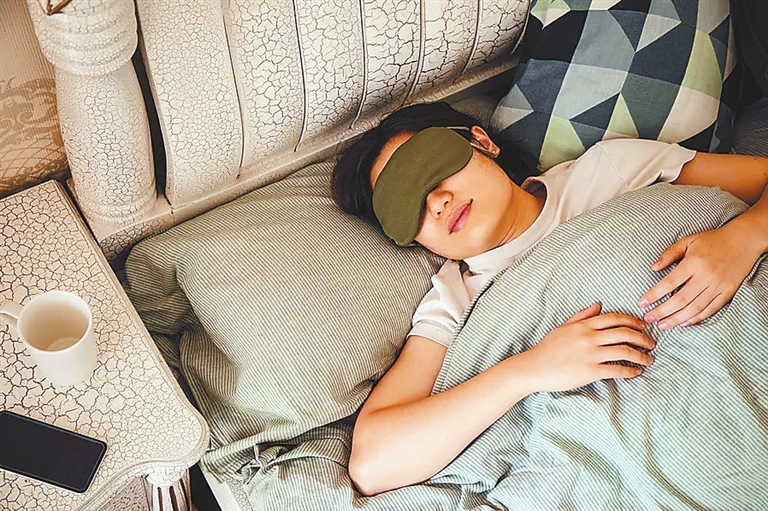
SEVEN hours of sleep — no more and no less — may be the optimal amount of rest for most adults, new research shows. The new study, published in Nature Aging, shows that among people ages 38 to 73, getting seven hours of sleep each night provides the most benefit for cognitive and mental health. It’s best for those sleeping patterns to remain consistent, too — meaning getting seven hours of sleep once in a while won’t cut it for brain health. “Getting a good night’s sleep is important for all stages of life, but particularly as we age,” study co-author Barbara Sahakian, a professor in the department of psychiatry at the University of Cambridge, said in a press release. “Finding ways to improve sleep for older people could be crucial to helping them maintain good mental health and wellbeing and avoiding cognitive decline, particularly for patients with psychiatric disorders and dementias.” Though the study provides a more accurate number of hours for optimal sleep health, there are limitations to the research, which included primarily white participants (94%). The lack of diversity makes the results difficult to apply to heterogeneous populations. “Race and ethnicity should be explored in similar studies to determine their contribution to sleep time requirements, sleep-related genetics, and cognitive consequences of short and long sleep times,” Margarita Oks, a critical care pulmonologist and sleep expert at Lenox Hill Hospital who was not involved with the new study, told Health. “Additionally, the database used in the study had relatively healthy participants, and it would be interesting to know if significant medical comorbidities would impact the ideal sleep time, even in this primarily white cohort.” For the new study, researchers from China and the United Kingdom analyzed data from nearly 500,000 adults between the ages of 38 and 73 from U.K. Biobank, a large, population-based prospective study that began in 2006. Study participants were asked about their sleep habits and mental health, and were put through a series of cognitive tests. Brain imaging and genetic data were available for about 40,000 participants. Study authors found seven hours of sleep each night to be the optimal amount of rest —sleeping fewer or more hours than that on a regular basis was shown to be associated with worse cognitive performance in areas like processing speed, visual attention, memory, and problem-solving skills. Participants’ mental health benefitted from seven hours of sleep, too: Going below or above that amount was associated with more feelings of anxiety or depression, and worse overall wellbeing. According to researchers, a lack of sleep — and in turn, worsening cognitive performance — may be a risk factor for cognitive decline during aging. This may be due to insufficient or interrupted “slow-wave” sleep (aka, deep sleep). Too little of this type of sleep has been shown to lead to a buildup of beta-amyloid proteins, called amyloid plaques, which are seen in some forms of dementia. Basically, your brain needs ample time to rest overnight in order to clean up and recharge. “The brain reorganizes and recharges itself during sleep,” study co-author Jianfeng Feng, a professor at Fudan University in China, told Health. “As well as removing toxic waste byproducts and boosting our immune system, sleep is also key for memory consolidation, during which new memory segments based on our experiences are transferred into long-term memory.” Sleeping too much can have a negative impact on our cognitive function, too. As with too little sleep, an excessive amount of sleep was also shown to cause structural changes in the areas of the brain associated with cognitive processing and memory. “Insufficient and excess sleep time can lead to physical changes in the brain in parts that are related to cognitive functioning and emotional well-being,” said Dr. Oks. (SD-Agencies) | 
